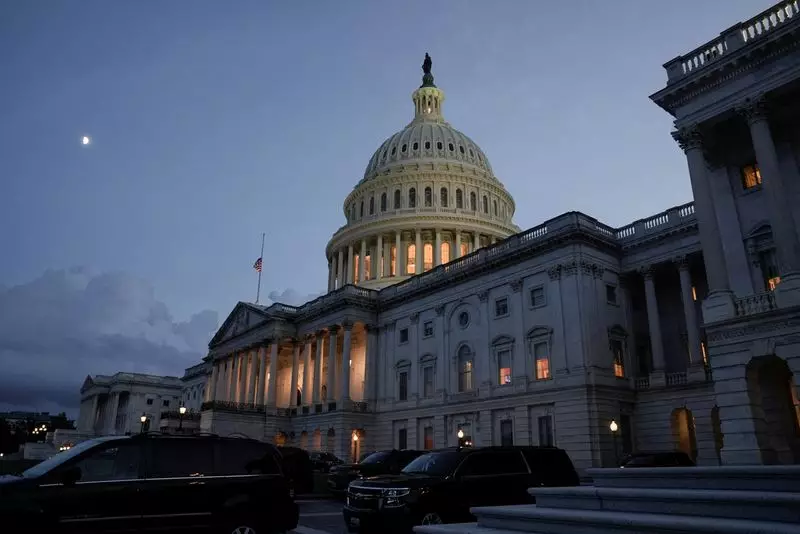The U.S. Congress recently passed a $1.2 trillion budget bill with an overwhelming majority, ensuring the government’s funding through the fiscal year. This bill, sent to President Joe Biden for his signature, aims to prevent a partial shutdown. The vote on passage stood at 74-24 and was passed in the Democratic-majority Senate. Key federal agencies like the Department of Homeland Security, Justice, State, and Treasury will now be funded through September 30. Despite this, crucial funding for military aid to Ukraine, Taiwan, and Israel was not included in this particular bill.
Following the passage of the spending bill, the business community expressed its approval and commitment to working with policymakers to advance legislation aimed at enhancing tax breaks for businesses and low-income families. Business Roundtable CEO Joshua Bolten highlighted the importance of a fully operational U.S. government in providing stability for American businesses, workers, and families. This move was crucial for further collaboration in advancing sound policies, including the Tax Relief for American Families and Workers Act.
The Senate spent hours negotiating various amendments to the budget bill, all of which were eventually defeated. This delay pushed the passage beyond the Friday midnight deadline. Despite this, the White House Office of Management and Budget remained confident that agencies would not be ordered to shut down. The bill, ultimately passed by the Senate, showcased deep partisan divides and bitter disagreements within the House’s Republican majority. Representative Marjorie Taylor Greene even threatened to force a vote to remove Speaker Mike Johnson, a fellow Republican, for allowing the measure to pass.
The 1,012-page bill provides $886 billion in funding for the Defense Department, including a raise for U.S. troops. President Biden has indicated his intention to sign the bill. However, the bill was criticized for being too expensive and potentially leading to inflation by certain members of Congress. The record-long interruption in government services during Donald Trump’s presidency highlighted the consequences of such funding decisions and partisan disputes.
The recent budget bill’s passage has led to internal challenges within the House’s Republican majority. The introduction of measures to oust leadership signifies ongoing disagreements and ideological differences within the party. The inability to reach agreements on crucial funding highlights the importance of bipartisan cooperation and compromise for effective governance. As federal government services face ongoing challenges and potential disruptions, the need for consensus-building and negotiations becomes increasingly vital.

